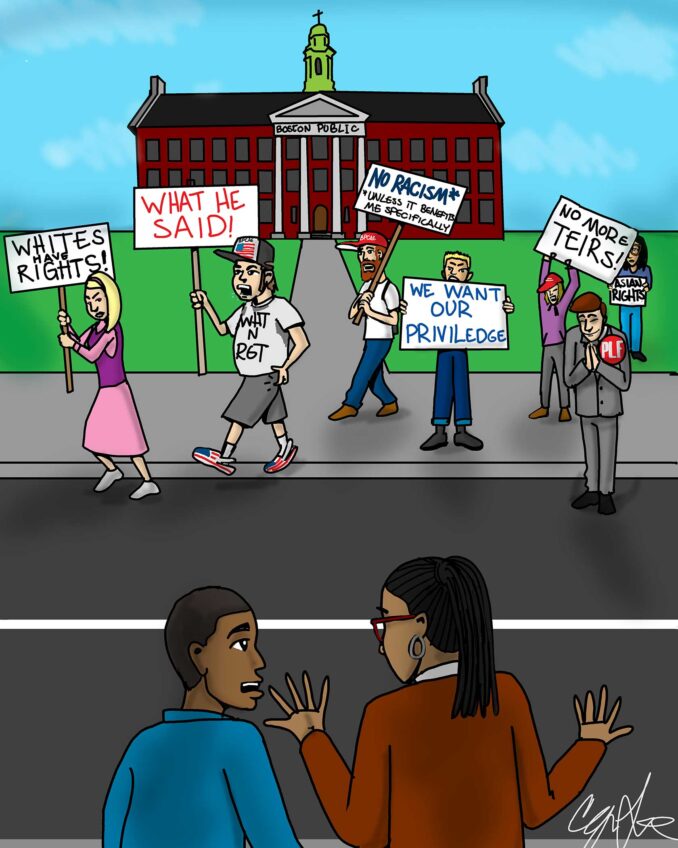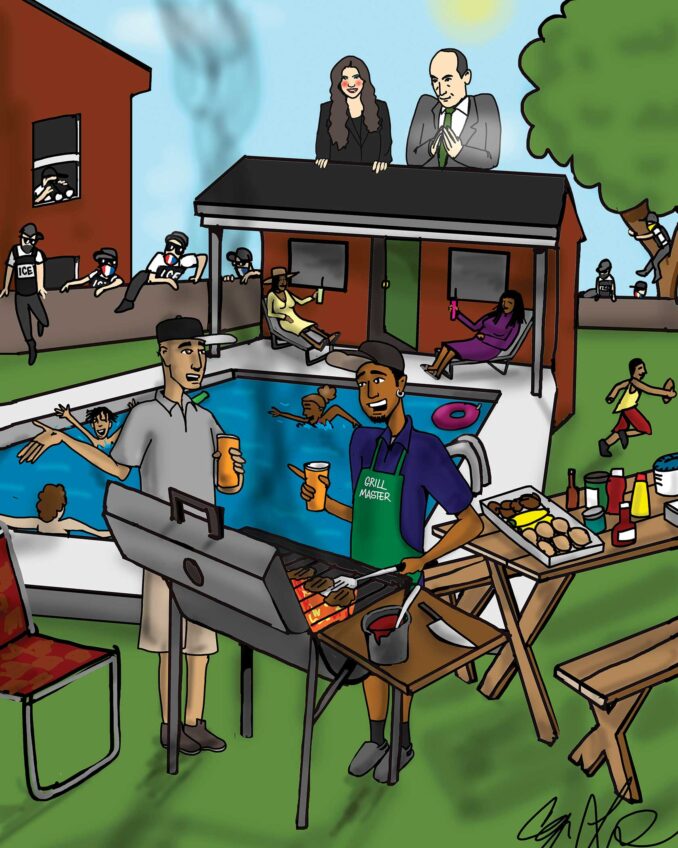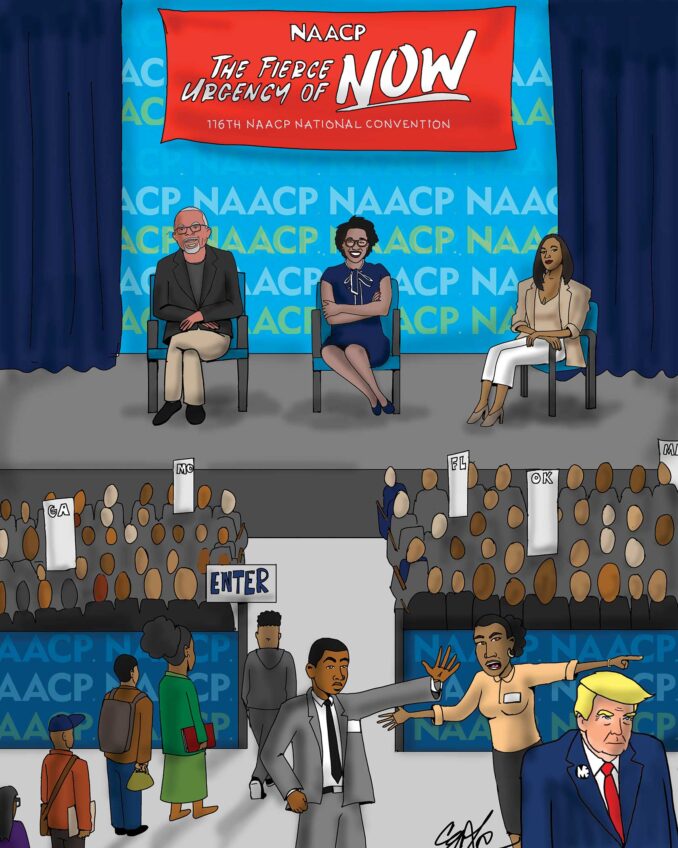The secret life of African Americans seems to be emerging with greater frequency. First it was “the talk.” Now the old adage that blacks have to be twice as good in order to succeed has been statistically established to have some validity.
Publicity about police shooting unarmed black men has generated open discussion of “the talk.” For generations fathers have instructed their sons about how to behave when confronted by the police. Even earlier, boys in the South were told how to avoid conflicts with whites during the Jim Crow era. While these were private talks, stories have revealed how customary they were.
Another more subtle instruction at home was that with the playing field being so unlevel, blacks had to be “twice as good” to be competitive. The belief was that this was especially true in the job market. Once racial discrimination became illegal, it became increasingly more difficult to determine whether job decisions were motivated by bias. Bigotry has become extremely sophisticated.
It is relatively easy to determine that an individual’s injuries resulted from police brutality. But how can we know that an individual’s problems in the job market resulted from a lack of talent or dependability rather than bias? While it might be difficult to come to a conclusion about an individual with certainty, there is a way to establish that blacks as a group have a problem.
Costas Cavounidis and Kevin Lang of Boston University have produced a paper from the National Bureau of Economic Research that demonstrates the impact of bias on unemployed blacks. The rate of unemployment for blacks 25 years and older is consistently about twice that of whites. In the third quarter of 2015 (July-September), unemployment for whites was 3.7 percent, compared to 7.5 percent for blacks.
According to a report on the study, researchers were able to acquire data on unemployed workers about their job duration and unemployment duration. From this the researchers were able to speculate on the employer’s process of extra oversight of employees with a spotty work record. This intense monitoring made it more likely that the employer would discover the employee’s errors which again would result in his dismissal — and the cycle continues.
It appears that the “twice as good” adage is more than a platitude.





